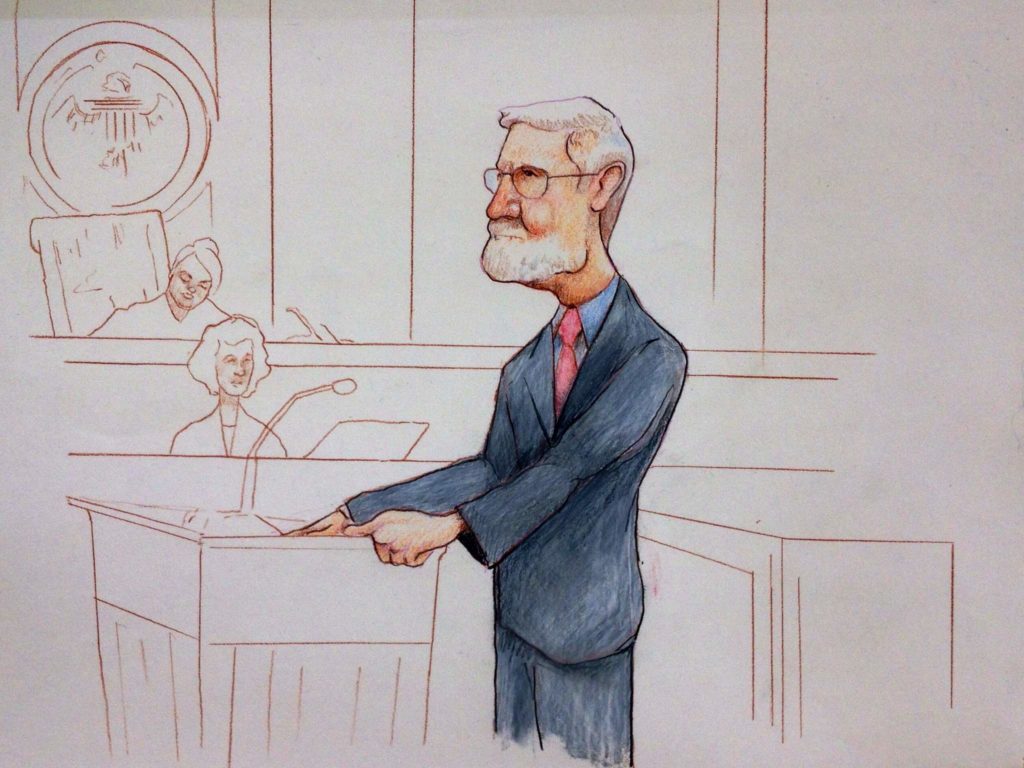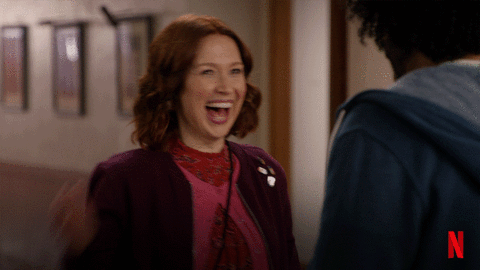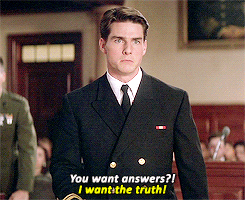1) Nerves are normal & Necessary
If you don’t feel nervous, you don’t care enough. That bouncing butterfly feeling fluttering around your stomach is not universal to everyone, but it is universal to those who care about their work. Whether it’s your 100th jury trial or the 10th book you are pitching, you are always going to feel nervous. And you should. If you don’t, then you don’t care enough.
2) Juries and agents are people first – treat them as such
Be professional in pitching an agent, as any lawyer should with a jury, but don’t try to talk over their heads, or use fancy language that is confusing or unnecessary. The goal is to pitch your book, not make an agent think you are a smart person. Your intelligence level doesn’t matter to an agent, and it doesn’t matter to juries. All they care about is the Story.
3) An opening statement is essentially the same as a book’s synopsis.
In opening statements, an attorney will outline what the jury is going to hear as evidence. The attorney will state who they believe are the main “characters” and how they anticipate they will testify. The Attorney ends an opening with how they believe the “Story” should end. In my case (as a defense attorney) I say, “at the end of this trial, I’m going to ask that you to fill out jury verdict form number _____, and find my client (insert client name) not guilty.”
A synopsis, like a jury trial, requires all the same elements. A writer must introduce the main characters and outline their story. In the end, an author must also tell the outcome of the book.
4) Problems must be addressed rather than ignored
When it comes to plot holes or problems in a criminal trial, it is best for writers and attorneys to address them head on. Try to answer the questions the best you can. Burying your head in the sand and hoping the jury/agent will not notice, will turn out to be a disaster. They will notice, and they will also notice that you didn’t notice, or worse that you intentionally skirted the issue. Either way – not good for a writer or an attorney.
5) Be concise – attention spans are short
Yes, juries and agents are listening to you, but they will quickly grow bored if you ramble on and on about unimportant facts. If you do this, you will lose them. Boredom = inattention. Don’t waste your time or theirs by boring them with every. Single. Little. Bitty. Detail. Tell them what they need to know, keep them engaged, keep them excited. Otherwise, you will lose them on the boring details, and they will never hear the ones you want them to hear.
6) Use a hook
A hook catches the audience’s attention. It gives the audience something to grasp on to and remember. It’s something important in both a jury trial and in writing
In jury trials, attorneys try to find something that ties to their facts so they can reference it in the opening statements and closing arguments. For example: when defending a client (let’s say the defendant is male) in a domestic abuse claim where it’s his word against hers, and she has one bruise that is yellowing, and she tells her story to several people, which is consistent for the most part but has a few discrepancies.
In this scenario, my “hook” in opening could be “Never judge a book by its cover.” I’ll say this because the prosecutor is going to give the jury the cover, and maybe the first few chapters of the book, but they won’t tell the full story. They’ll leave out the fact that the bruise could be several days old and the fact that the wife fell off a horse a couple of days earlier. They’ll leave out the discrepancies in the alleged victim’s story. I’ll point that out using the “hook, ” and then I’ll close reminding the jury of what I said in opening and explaining to them that now they have the full book, and can make an informed decision (which in my opinion is always a not guilty verdict)
Is a missing “hook” in opening and closing the death of a case? No. It’s not the death of a Book either, but it certainly does make it more memorable, and that’s what authors and attorneys need. They need their version of events, their Story, to be memorable.
7) The Story must make sense
If you have written an epic fantasy novel with characters that don’t quite fit into the world or the world isn’t described in a way that makes sense to the reader, it’s going to be a disaster. This is true for jury trials too. I can’t call an expert witness to the stand and expect a jury to understand medical jargon or the intricacies of ballistic testing. Hell, I don’t even understand it until after I depose a witness or speak with my own expert. Things that are not readily known must be explained in a way that makes sense to a jury, but it also can’t be boring (remember #5 above).
World building is much the same. You, as a writer, understand how the world you create works just as an expert witness knows their craft, but that has to be relayed carefully to the audience. An attorney can’t slap a picture taken during arthroscopic surgery on a projector and expect a jury to know what they are looking at. They don’t look at photos of the inside of a human body regularly. The expert has to explain what the jury is seeing, and they must do so carefully, but they also can’t overdo it.
It’s a delicate balance. You are the expert in the world you are creating, you must explain it as such.
8) Be enthusiastic
Everyone knows the teacher from Ferris Bueller’s day off, Ben Stein’s character. He speaks in a monotone, boring voice that would put anyone to sleep. Don’t do this! You need to be enthusiastic about your story as all attorneys need to be enthusiastic and zealous in the representation of their clients.
9) Build your story
A writer must pitch a story by weaving important details together to build a narrative. Attorneys must do the same with juries. Lawyers don’t get up and blurt their story out like word vomit. Writers shouldn’t either.
Attorneys think carefully for days, weeks, and even months about the order of their witnesses. Who should I call first? What questions should I ask first? What questions should I ask last? The most important details should always be first and last because those are the most memorable moments in a trial.
A writer should also build their story, but remember the most memorable parts are what comes first and last, some of those middle details will get lost.
10) Be an advocate
Writers and attorneys are advocating for something. For writers, it is their story, and for attorneys, it is the client. Either way, keep in mind that you are an advocate and you need to focus on that. It’s not about you. It’s about what you have created.
In both instances, writers and lawyers are presenting a story from a particular point of view. Juries don’t care about the attorney. They don’t care if he or she went to Harvard or has a lake house. They don’t care how many children the attorney has or if the attorney has a dog. All they care about is the guilt or innocence of the defendant.
Agents are the same. You may be a fantastic writer with tons of awards and other projects under your belt, but that means nothing if you don’t have a story. A great story can exist without an ivy league education, but the ivy league education alone does not make a story worth reading.










